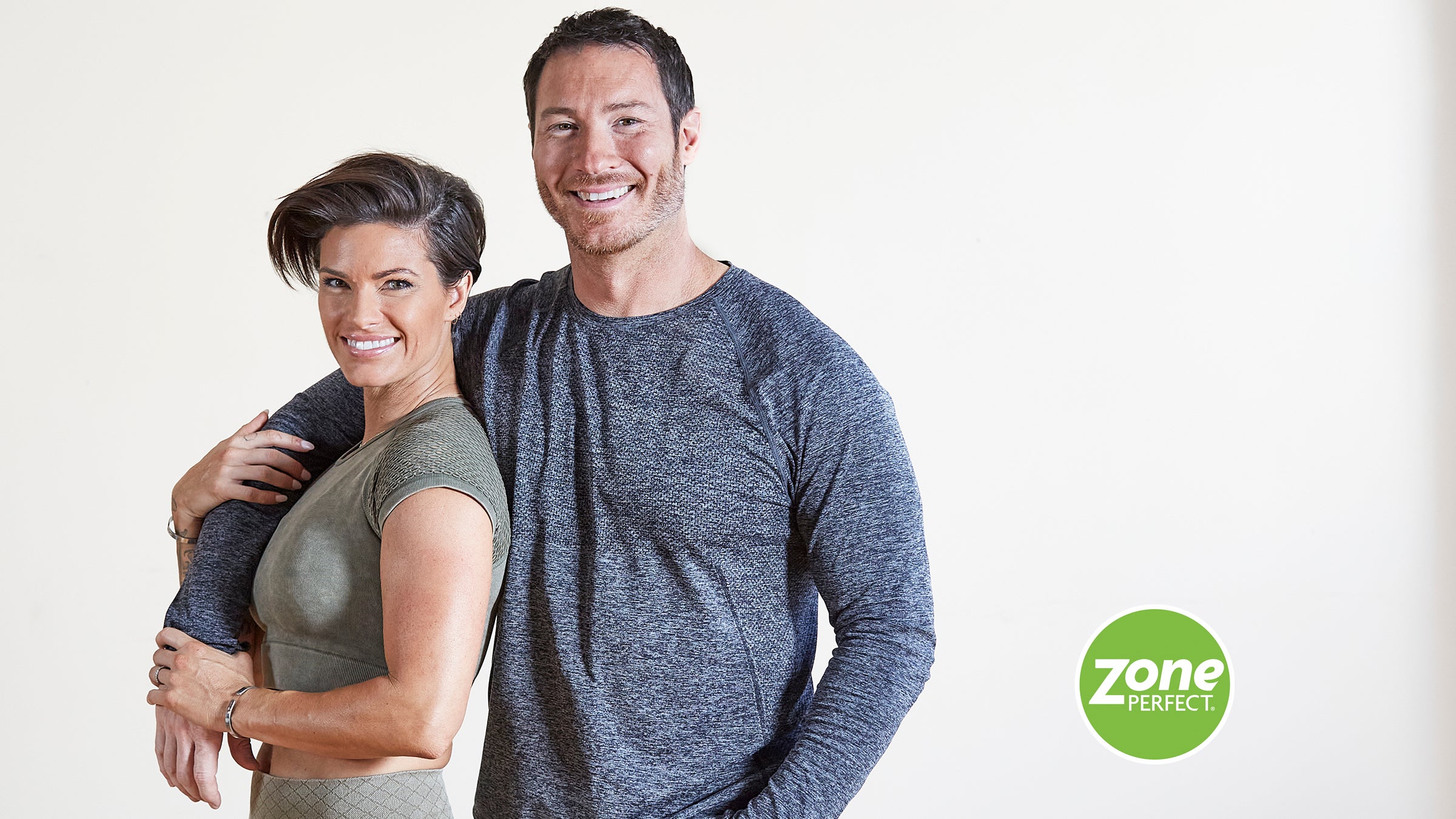Stop Snacking — Seriously

“What can I have for snacks?”
As a health coach and nutritionist, this is a question I have grown to expect — but not accept.
Well, why are you snacking? You didn’t eat enough at your last meal? You aren’t eating satiating foods? The thing is, if your nutrition is dialed in, you shouldn’t need to snack.
The Pitfalls of Snacking
Now I don’t want to sound like a total drag, but the reality is there are a lot of reasons you don’t want to snack all day long. Here are my top two:
- Snacking kills your macros. If you’re counting macros, calories, grams, etc., then you know you have to maximize those numbers. Even the IIFYM crowd (if it fits your macros) knows that snacking will take you off course faster than anything else. Personally, if I leave a bowl of macadamia nuts out on the counter, there is no way on this earth that I’m going to stick to two handfuls for my “snack.” They’re delicious, perfectly salted and buttery — and hard to resist. If I happened to be working at the counter one day next to the macadamia nuts, by noon I look down and realize I’ve not had a serving or two but close to a bag full of that deliciousness. If you take a second to read the label on those nuts, you’ll know I just took down my whole day’s allowance for fat intake. Oops.
- Snacking taxes your digestive system. Did you know that every time you eat, your stomach stops repair and starts digestion? The time between meals is your gut microbiome’s downtime. During downtime, it repairs itself. If you’re having a few meals a day and snacking all day between, your gut has no break from all that hard work. Research shows that in a 16-hour period without food, your stomach has gone from breaking down your calories to repairing itself — and this is where 70 percent of your immune system lives. In 24 hours, your inflammatory markers drop markedly. And in 72 hours of fasting, you can literally regenerate your body’s immune system. Read that again: In just three days of rest and fasting, your body just gifted itself a new immune system naturally. That is nothing short of amazing! Now I’m not telling you that you have to go do a three-day fast, but I am telling you that maybe you should work toward it.
Intermittent Fasting: A Healthier Approach
It’s no secret why intermittent fasting and time-restricted eating have become so popular. I know, it’s almost like the new CrossFit — everyone is talking about it and won’t stop telling you about it. But there’s good reason why.
Giving your body a 16-hour window daily in which your gut is fixing itself rather than working to digest the food you’re constantly throwing in there allows your gut to rebuild the flora that it needs. You’ll see improvements in caloric intake, mental clarity, body fat and digestion. Your blood glucose numbers will regulate better because you’re not sending them on a roller-coaster ride as often every day.
People with diabetic markers can improve simply by moving their foods to a restricted eating window, regardless of the macronutrient breakdown. Of course, they’ll experience additional benefits if the macros are controlled, prioritizing high-protein meals over carbs.
You may have heard about protocols like the warrior fast or OMAD (one meal a day). These protocols tighten that feeding window down to two to four hours daily. The simplest benefit here is calorie restriction: It’s really hard to overeat if you have to do it all in just a few hours a day!
Past calorie restriction, after about a month of short eating windows, you will have measurably lower inflammatory markers. You may see relief in such symptoms as joint pain and tightness, bloating, arthritis, brain fog, improvements in fasting blood markers, thyroid function, body-fat loss and even food allergies.
The deeper benefits come from longer fasting windows, as in multiple days in a row.
Bottom line: Snacking all day doesn’t allow your body to do any natural healing. If your diet includes a high-inflammatory food menu, you’re going to see even larger benefits from doing small things like removing snacks between meals. There is no benefit to snacking; it just reinforces our emotional and mental dependency on food. This relationship is just one more thing we’ll be working on in our Built in 60 program.
Oh, and in case you’re wondering if I ever snack? Yes, but only when I’m traveling. If I’m on a plane, I will pack some beef jerky, meat snacks, bars, nuts and sometimes trail mix when I’m really treating myself. This also saves me from spending the airport prices on a subpar salad that’s so bad, you regret spending the money on it anyway. OK, that’s a lie. I would be in the Chick-fil-A line for sure.
Looking to build agility, balance, endurance and strength? This winter, we are pairing 13-time fitness cover model and All-American collegiate track and field athlete Amber Dodzweit Riposta with her husband, Andrew Riposta, a holistic health coach, nutritionist and lifelong sports enthusiast.
So what are you waiting for? This 60-day program designed exclusively for Oxygenwill help you build lean muscle and burn fat through progressive workouts with minimal equipment — and the accompanying holistic nutrition protocol will help to accelerate your efforts.
Join Built in 60 today!